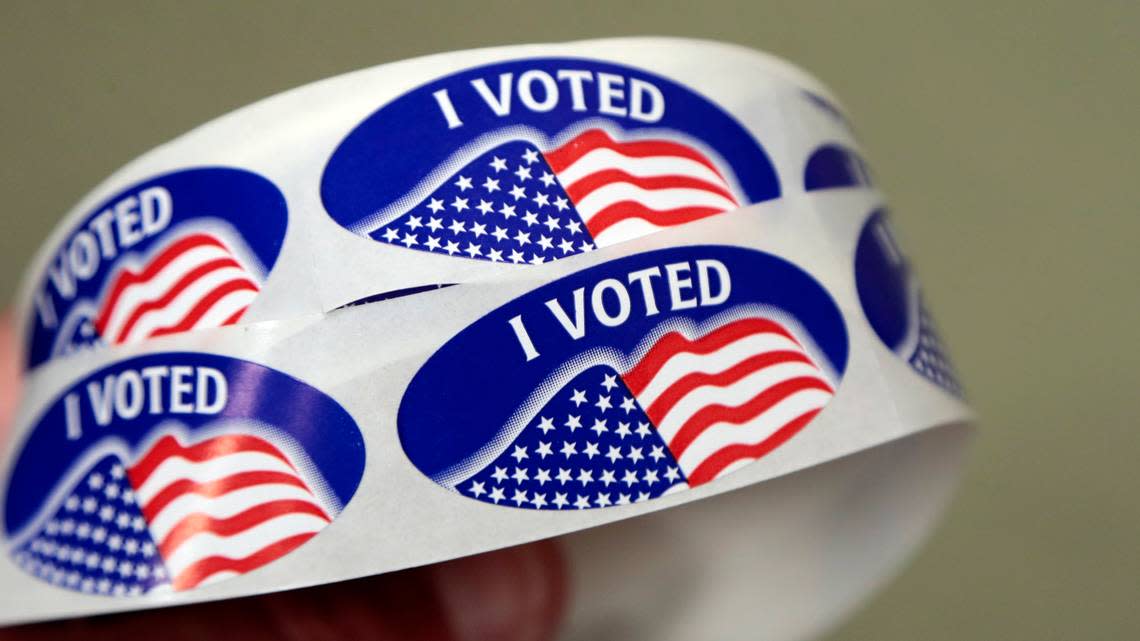NC Republicans propose constitutional amendments on voter ID, taxes and citizen voting

Republican state lawmakers unveiled a variety of proposed amendments to the state constitution on Thursday that they want to put on the Nov. 5 ballot — dealing with voter ID, voter eligibility and income taxes.
All three of the proposed amendments make essentially no tangible changes to existing state law, leading critics to cast them as simply ways to drive conservatives to the polls. Some of the proposals could also lock in existing GOP-written laws, making them harder to change.
The three amendments proposed Thursday would:
Clarify that voter ID is required for mail-in voting, in addition to in-person voting. State law already requires voter ID for all forms of voting.
Clarify that only citizens are allowed to vote in North Carolina elections. It is already illegal for noncitizens to vote.
Lower the state’s maximum income tax to 5%. The state’s current individual income tax rate is already below that, at 4.5%.
Alongside those amendments, Senate Republicans put forth a bill proposing several substantive changes to election laws, some of which have been pushed for by conservative election integrity groups.
In order to send a constitutional amendment to voters, it must first be approved by a supermajority in both the state House and Senate.
North Carolina voters first approved a voter ID law in 2018 as a constitutional amendment, which passed with about 55% of the vote. The law was caught up in litigation, though, and didn’t actually go into effect until last year, when the Republican-controlled Supreme Court reversed a prior ruling that had found the law unconstitutional.
Voters also approved a cap on income tax in 2018, which lowered it to 7%.
The North Carolina NAACP sued the state over both of those amendments at the time, arguing that the legislature did not have the authority to send them to voters since they were found to have been elected in racially gerrymandered districts. The case has still not been resolved, but could potentially be become moot if new amendments are approved in the 2024 elections.
The voter ID requirement is also being challenged in federal court as part of a lawsuit filed by the NAACP over five years ago. The NAACP argues that the law discriminates against Black and Latino voters, while state lawmakers argue it’s a necessary step to securing elections.
U.S District Judge Loretta Biggs, who has ruled against the requirement before, held a trial in May and could release a ruling in the case at any time.
Under the Dome
Get the latest news about North Carolina politics from The News & Observer's award-winning team. Get the free digest sent to your inbox by signing up here.


